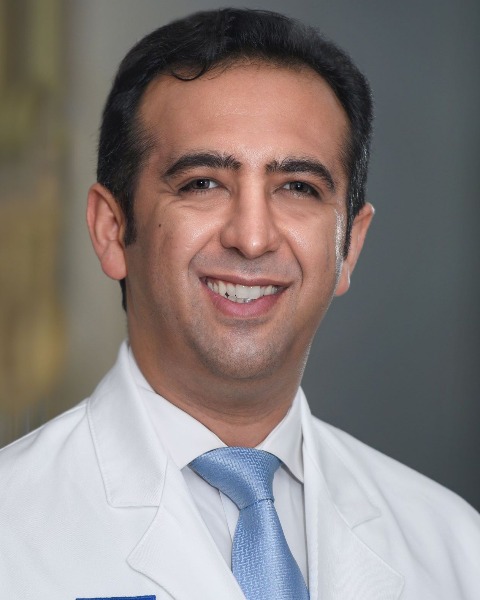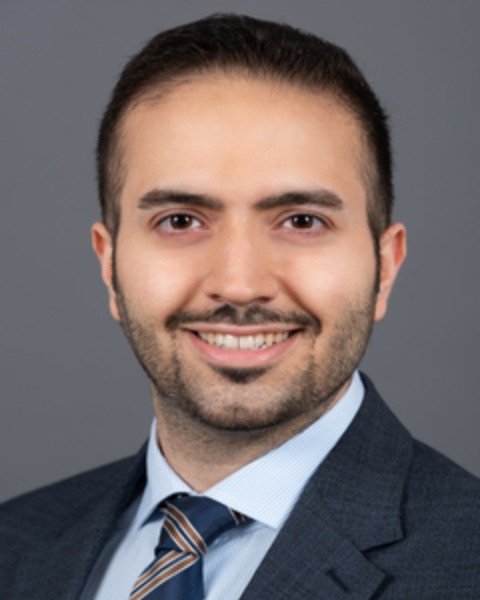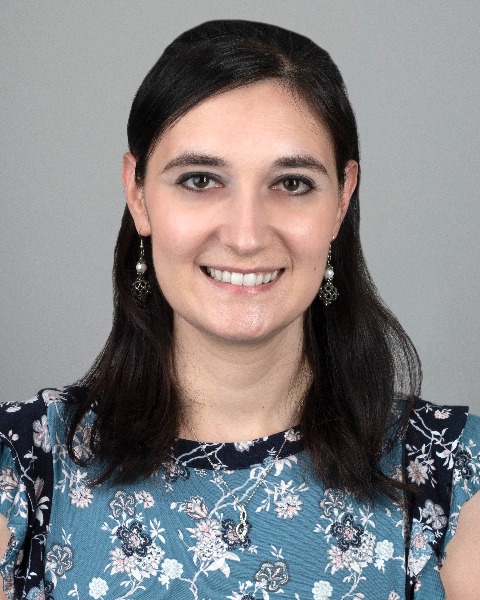Category: Clinical Obstetrics
Poster Session II
(407) Risk Factors and Clinical Significance of placental basal plate myometrial fiber: A single center experience
In 2020, the perinatal subcommittee of the Society for Pediatric Pathology Placenta Accreta Task Force proposed a new pathologic grading system for placenta accreta spectrum. Several areas of further investigation were also proposed such as clinical significance and risk factors of placental basal plate myofiber (BPMF), previously known as macroscopic accreta. Therefore, we sought to investigate the risk factors and maternal complications and outcomes such as risk of blood loss and need for blood product replacement if BPMF was present.
Study Design:
We performed a retrospective cohort of all patients with placental histopathological evaluation in a tertiary hospital from august 2012 to March 2020. We compared the clinical characteristics and outcomes between the group with BPMF versus the group with no evidence of BPMF upon re-evaluation of placental pathological slides.
Results: Of all the patients with placental histopathological evaluation (n = 1679), 211 (13%) had BPMF confirmed. The group of patients with BPMF delivered later in gestation (39 weeks [IQR 38, 40] vs. 38 [IQR 36, 39], p < 0.001), had higher maternal age (31 years [IQR 29, 33] vs. 29 years [IQR 25, 33], p < 0.001), and were more likely to have a pregnancy resulted from IVF (10.9% vs. 4.4%, p < 0.001). Clinical outcomes including maternal bleeding (600 mL [IQR 310, 850] in the BPMF group vs. 600 mL [IQR 300, 800] in the non-BPMF group, p = 0.371], and occurrence of RBC transfusion (1.4% in the BPMF group vs 2.7% in the non-BPMF group, p = 0.353) were similar between study groups (Table).
Conclusion: In vitro fertilization is an independent risk factor for BPMF. Presence of BPMF does not increase the risk of blood loss and need for blood products replacement at the time of delivery.

Bahram Salmanian, MD
Maternal-Fetal Medicine Fellow
University of Colorado
Denver, Colorado, United States
Kamran Hessami, MD (he/him/his)
Postdoctoral research fellow
Maternal Fetal Care Center, Boston Children's Hospital, Harvard Medical School, Boston, MA
Boston, Massachusetts, United States- KF
Karin Anneliese Fox, MD
Baylor College of Medicine
Houston, Texas, United States - HE
Hadi Erfani, MD, MPH
Baylor College of Medicine and Texas Children's Hospital
Houston, Texas, United States - EC
Eumenia Castro, MD
Baylor College of Medicine
Houston, Texas, United States - JH
Jonathan Hecht, MD, PhD
Beth Israel Deaconess Medical Center
Boston, Massachusetts, United States - Sg
Soumya gogia, MD, MPH
Resident
Vanderbilt University
Nashville, Tennessee, United States - JJ
Josef N. Jackson, MD
Baylor College of Medicine
Houston, Texas, United States - ED
Elaine Dong, MD
Baylor College of Medicine
Houston, Texas, United States - MG
McKenna Gessner, N/A
Baylor College of Medicine
Houston, Texas, United States 
Mary E. Fang, BS (she/her/hers)
Medical Student
Baylor College of Medicine
Houston, Texas, United States- MB
Mariana D. Baroni, MD
Baylor College of Medicine
Houston, Texas, United States - SA
Soroush Alipour, MD
Baylor College of Medicine
Houston, Texas, United States 
Scott A. Shainker, MS,DO (he/him/his)
Director, New England Center for Placental Disorders / Assistant Professor of Obstetrics, Gynecology, and Reproductive Biology
Beth Israel Deaconess Medical Center
Boston, Massachusetts, United States
Anna M. Modest, PhD,MPH
Faculty Scientist
Beth Israel Deaconess Medical Center
Boston, Massachusetts, United States- AS
Alireza A. Shamshirsaz, MD
Professor
Maternal Fetal Care Center, Boston Children's Hospital, Harvard Medical School
Boston, Massachusetts, United States 
Amir A. Shamshirsaz, MD
Assistant Professor
Texas Children's Hospital/Baylor College of Medicine
Houston, Texas, United States

.png)
